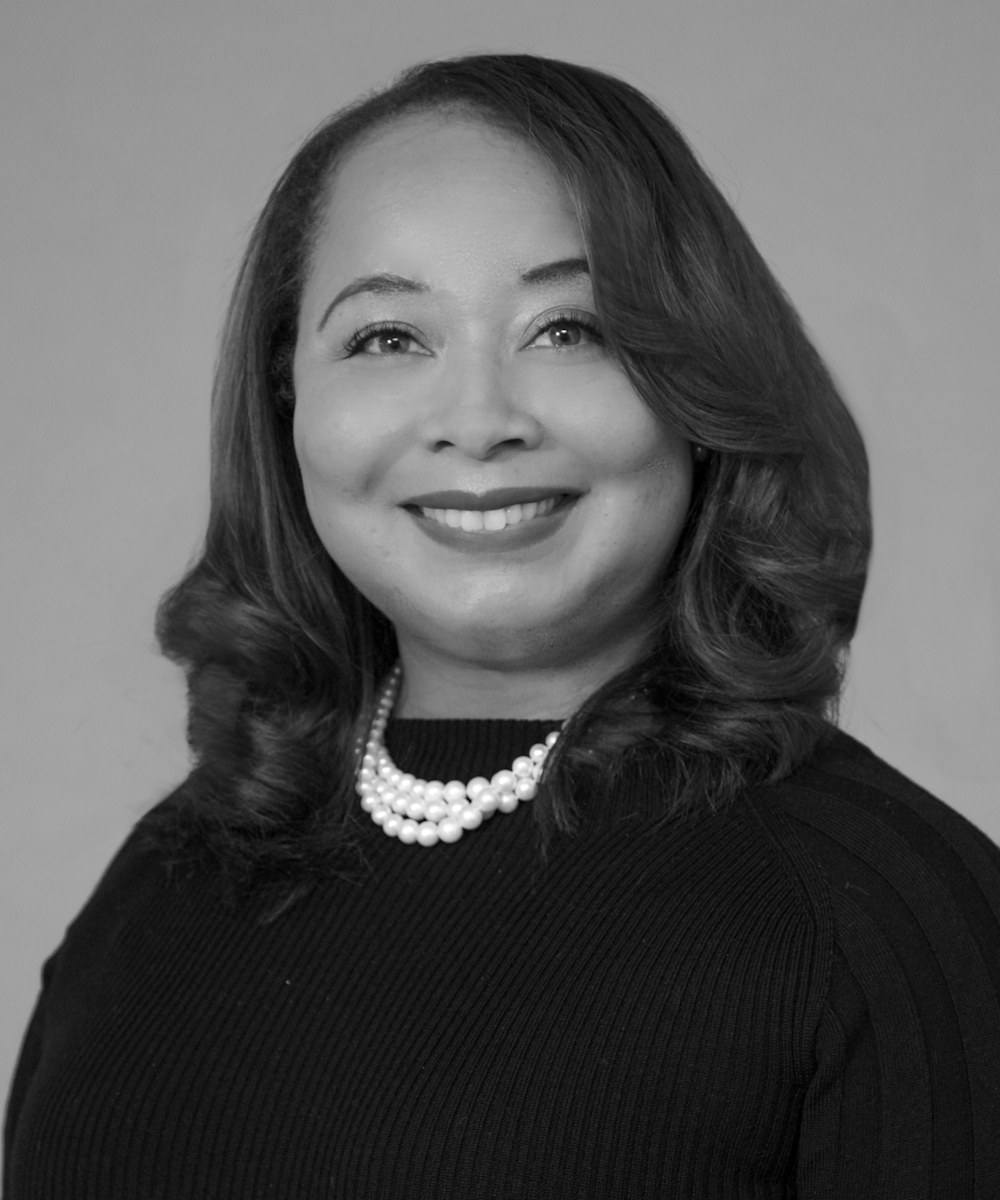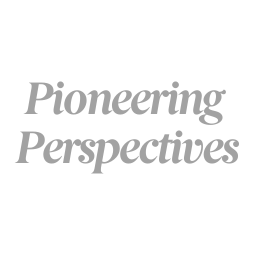
50 Careers for 50 Years
Fifty public health alumni reflect on their educational journeys and the impacts they’ve made across communities, countries, and the world.
June 13, 2025 | Erin Bluvas, bluvase@sc.edu
One of Tiffany Sullivan’s most vivid childhood memories was the day her grandfather was carried away in an ambulance and never returned. Seven-year-old Sullivan couldn’t understand why some people went into hospitals and came out with a baby, others came out with improved health, and still others never came home at all.
“From that moment on, I was curious about health care – though at the time, I didn’t know that was what it was called,” Sullivan says.
She wanted to know what doctors and nurses did, how her own body worked, and what she, herself, could do to help people stay with their families. Sullivan’s mother connected her with physicians to shadow and facilitated opportunities for her daughter to quiz their pediatrician, and her curiosity grew.
With a passion for health care, pre-med seemed the most logical fit for Sullivan. But three years into her biology degree at Columbia College, she knew it wasn’t quite the right path. The answer was less than five miles away at USC’s Arnold School of Public Health (though it wouldn’t be named for Norman J. Arnold until 2000 – the year after Sullivan graduated).
With multiple graduate programs to choose from, Sullivan began her studies in the Department of Epidemiology and Biostatistics. A few months into her program, however, it became clear that another adjustment was needed.
“I was walking into the various departments to see if I could find an even better fit and came across Dr. Saundra Glover and other students I knew from my core classes,” Sullivan says of visiting what is now known as the Department of Health Services Policy and Management. “I was asking all about the field of health administration and realized that it married my love of health care with my love of operations.”
The only catch was that Sullivan needed to be accepted by her new program (Master of Public Health in Health Administration) before she left her current one or she would be unenrolled from USC altogether. Roger Amidon was department chair at the time, and Sullivan remembers him calling her on February 14 to ask if she’d like an early Valentine’s Day present. She had been accepted.
“When I’m talking to students and young professionals, I always tell them that it’s just as important to know what you don’t want to do as what you do want to do,” Sullivan says, looking back on this moment. “It’s okay to make that pivot; it’s important that you don’t feel stuck.”
Inside the program, Sullivan found mentors in Glover and Suzan Boyd, both of whom she calls profoundly impactful. Glover taught health care finance courses and showed Sullivan how to connect with and tie communities together, particularly in the context of rural health. Boyd’s health-planning course taught Sullivan how to use data to find opportunities for improvement and to ask not only what we should be doing, but also what should we stop doing?

“Being at the Arnold School of Public Health, and working with women leaders in particular, gave me confidence that I could do this work too,” she says.
Sullivan was thrilled to be in the right program, but she had one more hurdle to overcome. She needed to replace her graduate assistantship at the South Carolina Department of Public Health (then known as the Department of Health and Environmental Control) with one at a health care system.
One day, Sullivan was walking by the office of the Arnold School’s Director of Development, Kela Thomas, and thought she looked familiar. It turned out that Thomas had been assigned as Sullivan’s mentor in their sorority, Alpha Kappa Alpha, but they hadn’t really had a chance to connect.
Thomas was eager to help and called a friend, Vince Ford, who had just begun his 25-year career with Prisma Health (then known as Palmetto Health) and was busy establishing the health system’s Office of Community Health. He said he didn’t have any openings but agreed to meet with Sullivan.
“I met with him, and he said, ‘okay, maybe,’” she recalls. “And I thought, ‘if I can get from no to maybe, then I can get from maybe to yes.’ So I badgered him for a few days to give me just 10 hours per week. He finally agreed, and I never only worked 10 hours per week – it was an absolute blast.”
Ford and the other administrators were in the midst of merging the private Baptist Healthcare System with the public Richland Memorial teaching hospital to form Palmetto Health. Sullivan couldn’t imagine a better learning environment, and she had a front row seat to all aspects of mergers and acquisitions as well as community engagement.

“It was the ideal situation for a graduate student, and I asked to be on every project,” she says.
After Sullivan graduated in 1999, they offered her a position as the Special Projects Coordinator for the Office of Community Health and promoted her to Director just 18 months later. The team connected local residents to primary and specialty care as well as screenings for vision, cancer, and diabetes and even dental work.
“We listened to the community, and it was such a lesson for me in how to work with a community and build successful relationships,” says Sullivan, who has prioritized community engagement as a major component of her work throughout her career.
Sullivan stayed with Prisma Health for 15 years, winning several awards for her work during her tenure. In 2005, Sullivan was an alumni inductee of the Mu chapter of Delta Omega, an Honorary Society in Public Health. Delta Omega reflects the dedication of an individual to increasing the quality of the field, as well as to the protection and advancement of the health of all people. In 2007, she received both the Young Healthcare Executive Award (National Association of Health Services Executives) and the Woman of Distinction Award (Girl Scouts of South Carolina). She’s also a TWIN Award Honoree (Palmetto Women’s Center, 2011), James E. Clyburn Community Award winner for Healthcare Leadership (Arnold School of Public Health, 2014) and Foster G. McGaw Prize for Excellence in Community Service recipient (American Hospital Association, 2015).
In 2016, Sullivan was recruited by multiple health care entities in the state of Maryland to help them partner with the community to reduce rates of diabetes, cardiovascular disease, and other preventable chronic conditions. She accepted a position with the University of Maryland Capital Region Health as the Vice President for Community and Population Health, adding clinical integration and service lines to her responsibilities as Senior Vice President just two years later.
“We were rockin’ and rollin’ – using our operations magic to help the health care teams become higher quality and more efficient and effective while engaging the surrounding community,” Sullivan says. “This work in Maryland was a test case for the nation, and we were able to connect with many different groups to help them learn how to implement these kinds of changes in their own states and organizations.”
One of those new connections was NewYork-Presbyterian Hospital, where she was offered the role of Senior Vice President and Chief Operating Officer for Physician Services in 2020. Since then, she has added community and population health to her role in the organization as well as serving as the NewYork-Presbyterian executive leader for the Accountable Care Organization, which includes Weill Cornell Medicine and ColumbiaDoctors as partners.
“I remember being a graduate assistant and telling one of my mentors, who was one of the COOs at Prisma Health, that I wanted to be a COO someday but in the ambulatory realm – not the inpatient realm – because of my focus on disease prevention and early detection through primary and specialty care and community engagement,” Sullivan says. “It didn’t exist at the time, but I thought that someday it would. Now it does, and that’s my job.”
With all of NewYork-Presbyterian’s owned and operated ambulatory practices under her umbrella, Sullivan oversees roughly 200 locations. This includes more than 1100 physicians and thousands of other team members including residents, trainees, nurses, support staff, technicians, sonographers, administrators and more. Working with the four vice presidents who report to her, Sullivan is responsible for NewYork-Presbyterian medical practices in Manhattan, Queens, Hudson Valley, Westchester, and Brooklyn. In 2021, she was recognized in Crain’s New York Business 2021 Notable in Healthcare for her leadership in these areas.
“My career path shows that what I was taught and how I was mentored set me up for success and feeling comfortable to probe, prod and ask tough questions or ask for what I need,” she says. “I cherished my time with the Arnold School and Prisma Health, which is what trained me for this work. Health care has changed so much over the past few decades, but my education equipped me to handle it. I’m always telling prospective students about what a jewel the Arnold School is and how it’s one of the best public health programs in the country.”

Fifty public health alumni reflect on their educational journeys and the impacts they’ve made across communities, countries, and the world.

Each month, we're telling the stories of alumni, faculty, and leaders whose unique perspectives shed light on the Arnold School across its five-decade history.

Join us as we celebrate the school’s 50th anniversary with guest speakers, symposia, feature stories, and anniversary events for students, alumni, faculty, staff and friends.